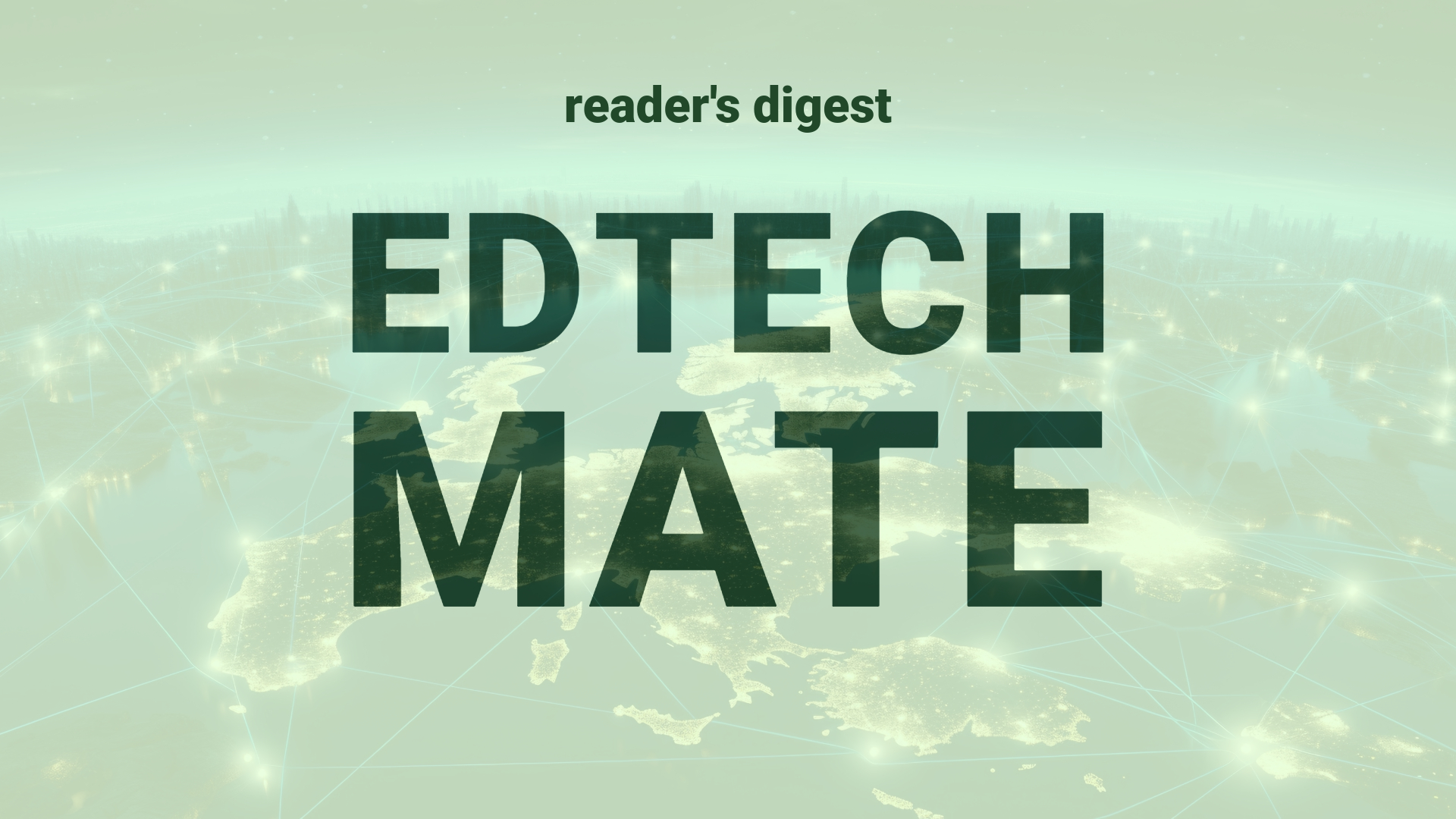Executive Summary and Main Points
Key innovations and trends within the global higher education sector relate to the strategic appointment of Chief Information Officers (CIOs) to drive digital transformation. The hiring of a first-time CIO is a significant step for organizations aiming to revolutionize their technology, data, and operational landscape. This is particularly notable in scenarios such as growing companies, struggling IT functions, prioritization of digital transformation, promotions from within IT leadership, mergers and acquisitions, and risk management. A CIO’s role encompasses the introduction and evolution of digital transformation core competencies, which include change management, agile planning, data-driven practices, and development methodologies like no-code/low-code.
Potential Impact in the Education Sector
In Further Education and Higher Education, the integration of a CIO could dramatically shape the institution’s ability to adapt to evolving technological landscapes, enhance student experiences, and bolster security and data management. With micro-credentials becoming increasingly prevalent, CIOs may contribute to developing technology platforms that support alternative credentialing systems. Through strategic partnerships and digitalization, CIOs can facilitate a framework that allows for improved operational efficiency, robust distance learning solutions, personalized learning experiences, and innovative research collaboration tools.
Potential Applicability in the Education Sector
Innovative applications of AI and digital tools can revolutionize global education systems by creating personalized learning pathways, utilizing big data for student success analytics, and integrating AI for campus management and procedural automation. The rise of digital transformation led by a CIO can also support the shift towards blended learning models, smart campuses, and the creation of virtual exchange programs, thereby broadening the scope and accessibility of international education.
Criticism and Potential Shortfalls
While CIOs driving digital transformation offer promising prospects, they also introduce potential challenges. A comparative analysis of international case studies reveals concerns like resistance to change, the adaptation gap across diverse cultural contexts, and the risk of over-reliance on digital solutions that may lead to a digital divide. Ethically, there is a critical need to manage student data privacy, promote digital equity, and ensure transparent communication during transformational processes. Without careful planning and sensitivity to institutional culture, initiatives may face backlash and fail to achieve desired outcomes.
Actionable Recommendations
For successful implementation of technologies in international higher education, leadership should focus on clarifying the CIO’s role, promoting cross-departmental collaboration, and investing in professional development surrounding digital competencies. Developing a strategic plan that aligns digital transformation with the educational mission is crucial. Regularly assessing technological initiatives through pilot programs and feedback mechanisms can ensure they meet stakeholder needs effectively. Lastly, fostering an organizational culture open to change will be essential for these technologies to take root and flourish.
Source article: https://blogs.starcio.com/2024/01/digital-transformation-cio.html

